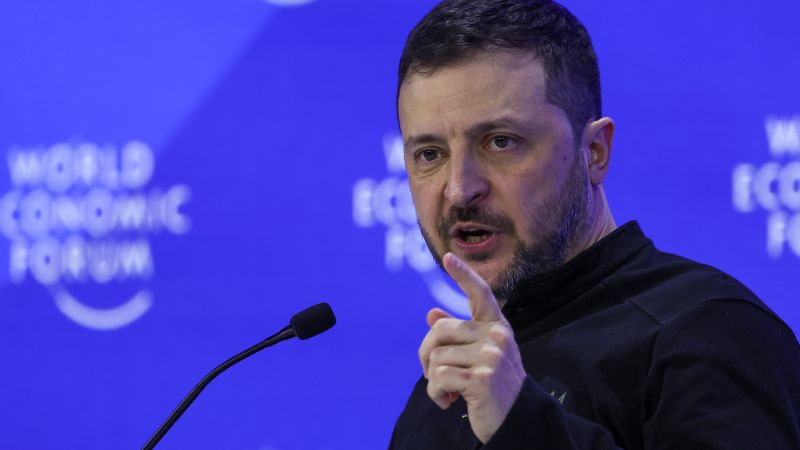Zelensky's Strategic Pivot: Echoing Trump's Playbook in European Power Circles

Beyond America's Political Stage: When Entertainment Meets Leadership
The phenomenon of television personalities transitioning into political leadership isn't unique to the United States. Around the world, charismatic entertainers have successfully leveraged their media popularity to enter the complex arena of national governance, demonstrating that star power can indeed translate into political influence.
From late-night comedy stages to presidential podiums, these former entertainers bring a distinctive communication style and public appeal that traditional politicians often struggle to match. Their ability to connect with audiences, craft compelling narratives, and command media attention has reshaped modern political landscapes.
While some view this trend with skepticism, others see it as a natural evolution of democratic representation, where public figures can channel their communication skills and understanding of public sentiment into meaningful political leadership. The blurred lines between entertainment and politics continue to challenge conventional expectations of what makes an effective national leader.
These celebrity-turned-politician stories remind us that in today's media-driven world, personal brand and public perception can be powerful tools for political transformation.

